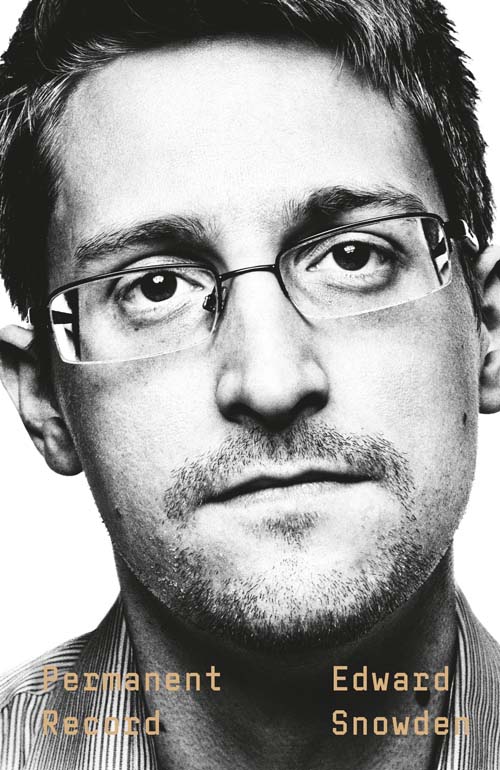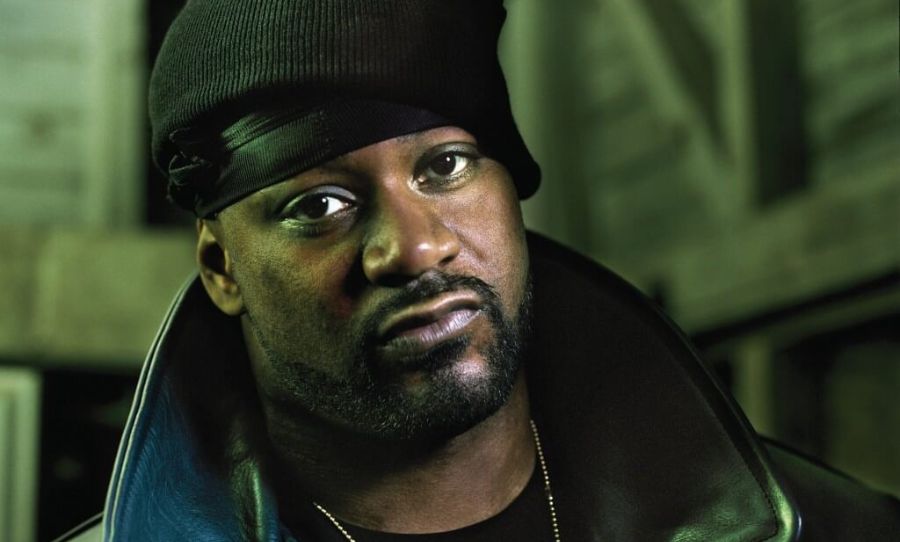How much would you put on the line for your principles? Viewed through the lens of Edward Snowden’s experience in Permanent Record (Pan Macmillan), the reader can’t help but reflect on the question.
Born into relative affluence and stability, Snowden’s route was all but mapped out. His life now, as the world knows, doesn’t reflect the trajectory of his stellar career progression. We may think that the difference between right and wrong is clear, but as his memoir Permanent Record illustrates, things can get more complicated.
Permanent Record is Edward Snowden’s chilling account of state-sanctioned surveillance and how far one is willing to go to protect their principles.
When Snowden announced himself to the world in a Hong Kong hotel room, he was a man who had “practically unlimited access to the communications of nearly every man, woman and child on earth who’d ever dialled a phone or touched a computer.” Needless to say, Snowden was au fait with computers – an obsession that permeated his childhood.
Growing up in the Washington ‘Beltway’ and born into a family with an extraordinarily long tradition of public and military service (dating back to not long after America achieved independence), Snowden makes it pretty clear that his eventual entry into service of his country was a matter of destiny. Despite the austerity of his purpose, the young Snowden imbibed life’s lessons from Super Mario Bros., the ever-scrolling adventure that only goes in one direction, “There is no turning back, only going forward – for Mario and Luigi, for me, and for you.”
School, sadly – as is so often the case for the gifted – wasn’t a great time for Edward Snowden. This, coupled with the breakdown of his parents’ marriage encouraged him to absorb himself further into his world of computers. Now in his mid-thirties, his adolescence was also coloured by a new phenomenon: the internet. If you’re of a certain age, you would have felt the transition too: a life without, then a life with the internet.
The fed-up, precocious teen sought ways to minimise the time spent on schoolwork, devoting extra time to his fascination with computers. But having survived the worst of school, his life – along with the Western world – was upended by 9/11. America’s procession to war and his own eventual national service found its catalyst in that event, sparking a reaction that he would look back on with sadness:
“The greatest regret of my life is my reflexive, unquestioning support for that decision. I was outraged, yes, but that was only the beginning of a process in which my heart completely defeated my rational judgment.”
The ensuing period of an attempt to join the army and his recruitment by the CIA finds Snowden at his most self-critical. It wasn’t for any overarching disagreement with the notion of serving his country, but for his internal motivations. He admits, “I had solid convictions that I refused to accept weren’t truly mine but rather a contradictory cluster of inherited principles.” Even more pointedly, he recounts the moment of his indoctrination into the CIA’s intelligence community, “Nothing inspires arrogance like a lifetime spent controlling machines that are incapable of criticism.”
Despite his initial hubris, Snowden’s star rose through the CIA and the NSA. In parallel with his time at the two agencies, the internet was also evolving from an essentially democratic and decentralised network to a system that was leveraged by private interests, who operated in secrecy – a growing realisation that forced Snowden to examine his own consciousness. The author sums it up with trademark conciseness, “Our user data was turning vast profits for the companies, and the government pilfered it for free. I don’t think I’d ever felt so powerless.“
Later in the book, Snowden sheds light on the heartrending series of events that led to his whistleblowing. After facing down the most profound moral struggle of his life, he decided to tell the world about the US government’s system of mass data collection and surveillance. At the time, he was stationed in Hawaii, living with his partner Lindsay, comfortably ensconced in a lucrative career. In almost every respect, an idyllic existence.
In sacrificing this, Snowden became the centre of the world’s attention. To this day, he lives in exile in the heart of a country that’s hostile to the one he once served. To some, this makes him a traitor, but obviously not to the community of journalists, technologists and human rights advocates that Snowden has since found. He’s at pains to acknowledge the help he had in making the book a reality – people who made it their business to ensure that Snowden’s essential memoir for the digital age saw the light of day.
Permanent Record is a measured product of profound moral reflection and a crucial source for understanding our place as humans in the digital ecosystem.
Permanent Record is available now via Pan Macmillan.


